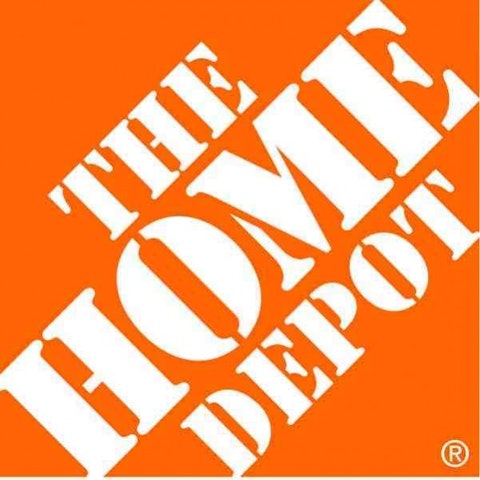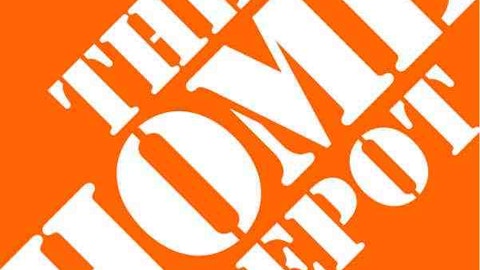The recovery of the housing market will help companies disproportionately, because some have weathered headwinds better than others. Also, restructuring will play a key role in providing new opportunities. Let us look at the prospects of The Home Depot, Inc. (NYSE:HD), Lowe’s Companies, Inc. (NYSE:LOW), and Fastenal Company (NASDAQ:FAST).
Learning from the competition
When good conditions help the economy, a mammoth company will surely benefit from it. The Home Depot, Inc. (NYSE:HD) is a mammoth and will benefit from the housing market recovery. Some evidence can be found in the recent dividend increments (an increase of 69.5% in the last four years).
The Home Depot, Inc. (NYSE:HD) has gone through an important restructuring of its business model. In few words, the company has shed peripheral activities and concentrated on more traditional ones. Its professional supply and ancillary retail business have gone out the window. Now, the firm is focused on closing the gap opened by Lowe’s Companies, Inc. (NYSE:LOW), concerning supply chain and information technology infrastructure.
The restructuring proposed by The Home Depot, Inc. (NYSE:HD) is expected to take the company to a higher ground. Meanwhile, its stock trades at 20 times consensus earnings, slightly below the industry average. While the stock is fairly priced, it still has room to run. Results depend on learning from the competition and avoiding simple mistakes.
Financially, The Home Depot, Inc. (NYSE:HD) is not enjoying the best times because its debt level is high. Nevertheless, yield is higher than the competition at 1.85%, revenue has increased in the last four years, and cash flow has risen during the last two years. Given that the U.S. economic recovery has had a positive impact, and is expected to keep driving revenue up, it is recommended to buy this stock.
Not so fast, but steady growth
Fastenal Company (NASDAQ:FAST) is a company that has a history of keeping customers and shareholders happy, and sports a stable operating margin. The firm works on a business model focused on local needs by decentralizing operations. Such model has allowed the business to be profitable, maintaining a strong cash flow.
Positive results are the consequence of Fastenal Company (NASDAQ:FAST)’s initiatives. The introduction of FAST Solutions and Pathway-to-Profit strategy have fueled part of the growth. Additionally, the company has multiplied stores, although intermittently, the pace has reflected management preoccupation for a steady all-around growth. FAST Solutions has deepened switching costs, at the same time, it has helped customers control expenses. Meanwhile, Pathway-to-Profit has improved market share and same-store sales.
On the downside, Fastenal Company (NASDAQ:FAST) has reported that daily sales growth has declined in the last four quarters. At the same time, operating margins have been put under pressure from rising costs for raw materials and fuel. Additionally, larger competitors are expected to enter the market, forcing the company to compete on price. The impact has already been felt as cash flow has declined over the last four years.
Fastenal Company (NASDAQ:FAST) remains financially strong, with no debt and rising revenue. The stock is currently trading at a premium to the industry average while offering a conservative dividend yield (1.55%). Nevertheless, for an investor looking for a long-term investment, it is recommended to buy this stock as the U.S. economic recovery will drive this company’s growth.
Past the sweet time
Lowe’s Companies, Inc. (NYSE:LOW) Q1 2013 report left a somewhat ambivalent feeling. While revenue fell 0.5%, net earnings rose 2.5%, and management hopes for a 4% increase in total sales for 2013. Nonetheless, strong competition from The Home Depot, Inc. (NYSE:HD) remains an issue, and the firm did not match shareholders’ expectations.
On the bright side, Lowe’s Companies, Inc. (NYSE:LOW) business model remains ahead of the competition, although The Home Depot, Inc. (NYSE:HD) might be copying it. The U.S. economic recovery, especially in the housing market, will ease competition. Additionally, a new client-focused strategy, which provides customers with a closer relationship with specialists, is expected soon. Also, further investment on owned brands should drive profits up.






